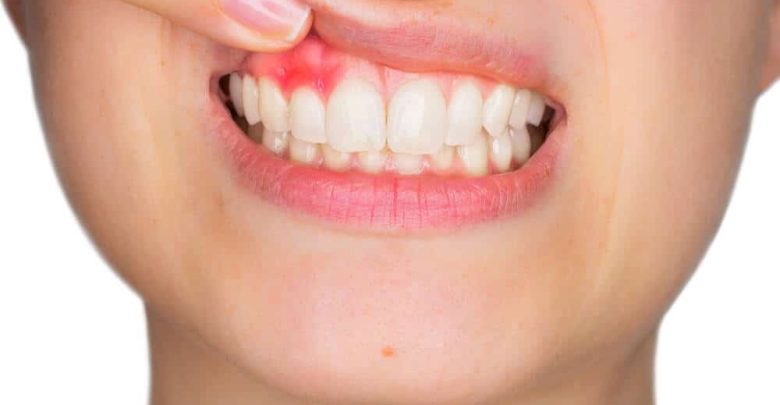Bleeding Gums? Here’s What It Could Mean and When to See a Specialist

Most people don’t think twice when they see a bit of blood after brushing or flossing. It’s easy to ignore — especially if it doesn’t hurt. But bleeding gums aren’t something you should brush off. It usually means there’s something going on under the surface.
In most cases, it’s not a major issue if you catch it early. But if you leave it, it can turn into something more serious. Let’s break down what might be causing it and when it’s time to see someone who really knows what they’re doing.
It’s Often a Sign of Gum Trouble
The most common reason gums bleed is gum disease. Early gum disease, also called gingivitis, shows up when plaque sits on your teeth and gums for too long. That plaque is full of bacteria, and your gums don’t like it. They get red, swollen, and start bleeding, especially when you floss or brush.
Now, the good news is that if you catch gingivitis early, it’s not hard to fix. Brushing better, flossing every day, and going in for a clean usually sorts it out. But if you let it go, it can get worse.
Advanced gum disease, or periodontitis, is where things get trickier. This is when the infection moves deeper and starts affecting the bone that holds your teeth in place. Once that happens, it’s harder to treat, and you may even risk losing teeth.
Other Things That Might Be Causing It
Not all bleeding gums are caused by gum disease, though. You could just be brushing too hard or using a toothbrush that’s too rough. Swapping to a soft brush and being a bit gentler might sort it out.
Hormone changes — like during pregnancy — can make gums bleed more easily. Same goes for some medicines, like blood thinners. Low levels of vitamin C or K can also affect your gum health.
Sometimes dental work that doesn’t fit right, like dentures or fillings, can rub and irritate your gums too. If that’s the case, it’s best to get it checked and adjusted properly.
When You Should Book an Appointment
If your gums keep bleeding for more than a few days, even after cleaning up your brushing habits, it’s probably time to see your dentist. They can have a look and figure out if it’s something small or something that needs proper treatment.
In some cases, your dentist might send you to a periodontist in Sydney. That’s someone who deals with gum and bone issues specifically. They can do deeper cleaning, treat infections below the surface, and help stop the damage before it gets worse.
Getting in early with a specialist means you’ve got a better chance of holding onto your teeth and avoiding big problems later on.
Keep Up the Basics at Home
Day-to-day care still matters the most. Brush gently twice a day, floss every day (even if it feels annoying), and see your dentist regularly. That’s how you stop gum disease before it starts.
If you smoke, try to cut back or quit — it’s rough on your gums and slows down healing. Eat balanced meals and make sure you’re getting the right vitamins.
Bleeding gums are often your mouth’s way of saying something isn’t right. You don’t need to panic, but you do need to pay attention. A quick visit could save you a lot of trouble — and teeth — down the line. Contact us for more information on periodontists in Sydney.
